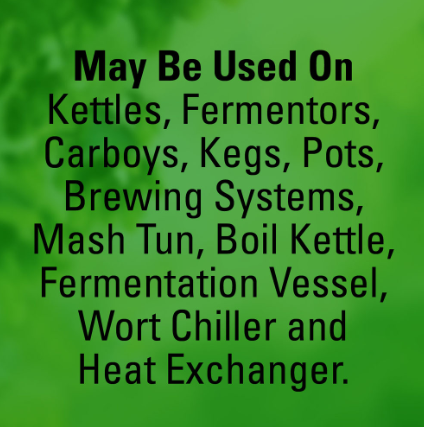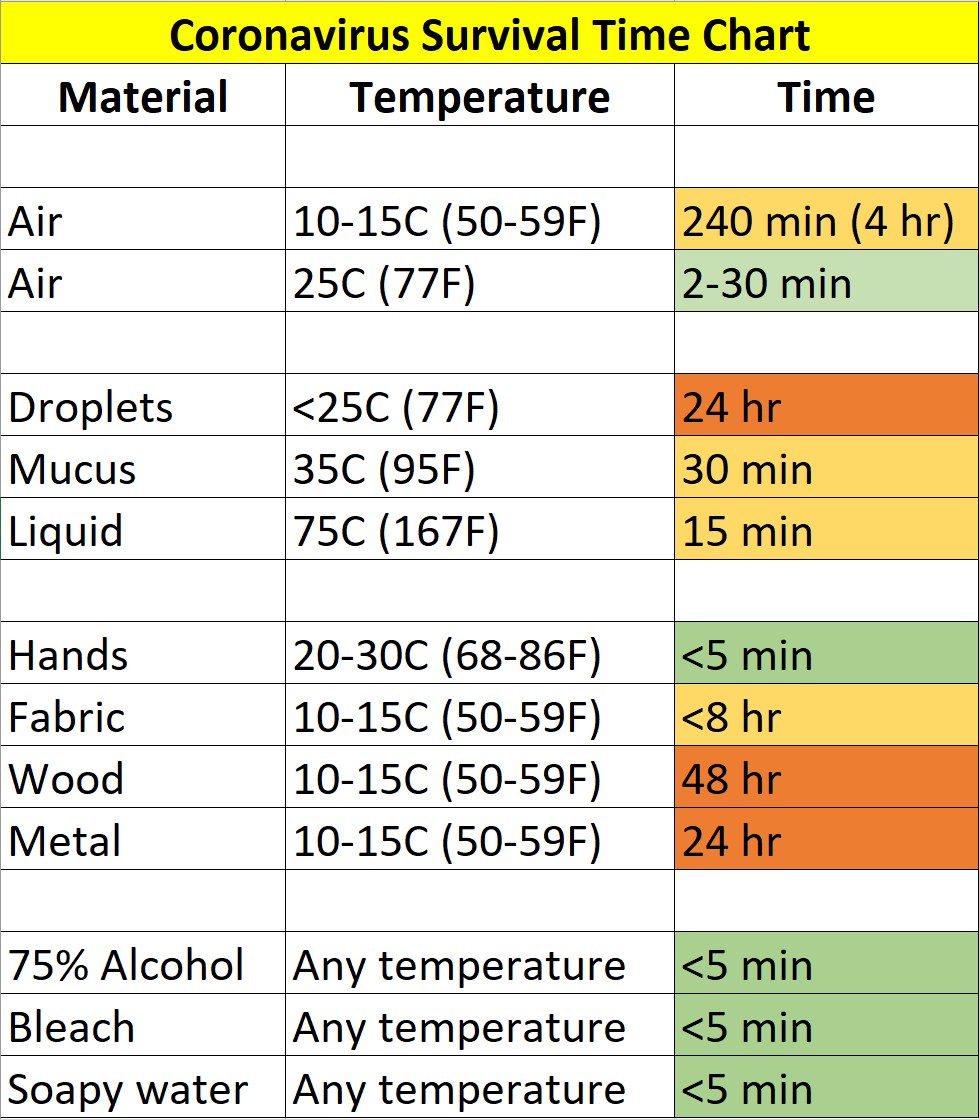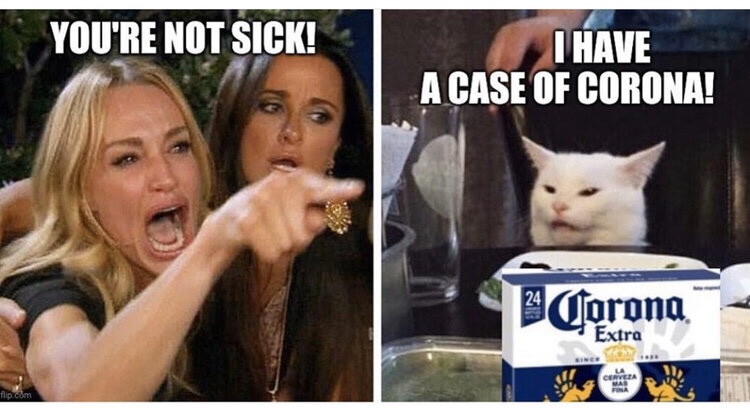Well I'm just a pre-doc microbrewologist and to my untrained foramen magnum it already sounded highly unlikely.
Would be cool though, for posterity, if your son could shed some light on the scientific reasons it won't work.
I'm going to sound like I know what I'm talking about, but it's really from him.
The Coronavirus is an enveloped virus, meaning it has a sort of coating or wall around it. That envelope is made of lipids, i.e., fats. What dissolves fat? Soap....
There's also the question of how acidic a solution one would need for Star-San to work, if it did work.
As long as I'm on the subject, one of the issues he noted is that masks aren't as likely to be effective as people think because they don't know how to use them properly. If the mask doesn't seal to the face, you breathe around it, and thus there's no point, no filtering. Further, people aren't trained how to "doff" the mask properly. If the mask has done its job it will have filtered out the infectious agent, which is...on the mask. If you can't remove the mask without touching it, without touching the mask to surfaces you then touch, or you don't dispose of it properly....that defeats the purpose.
My mother-in-law is in the highest-risk group as far as age goes. She lives independently, with our help, but I'm concerned--if she contracted Coronavirus, she's in a world of hurt. So we've already discussed her staying home, isolated from the outside world until this blows over or until a vaccine is created. That means no visitors who aren't masked and gloved, no going out...and that's a potential issue as the last thing you'd want elderly people to experience is social isolation.
So we'd shop for her--but how do you get the food to her w/o potentially infecting it?
That's why I originally asked my son about Star-San. My theory was I'd put the groceries on the front porch, spray them down with a disinfectant, then leave. She'd retrieve the items which were now....presumably virus-free.
I've got some Lysol spray and wipes, which should suffice. According to the link below, a 70-percent alcohol solution should also work. I'd like to get some rubbing alcohol or similar that has at least 70-percent alcohol in it. I'd use my little spray bottles for Star-San and spray down surfaces with that.
Anyway, here's a link from the CDC about environmental cleaning and disinfection methods for the Coronavirus:
https://www.cdc.gov/coronavirus/2019-ncov/community/home/cleaning-disinfection.html





